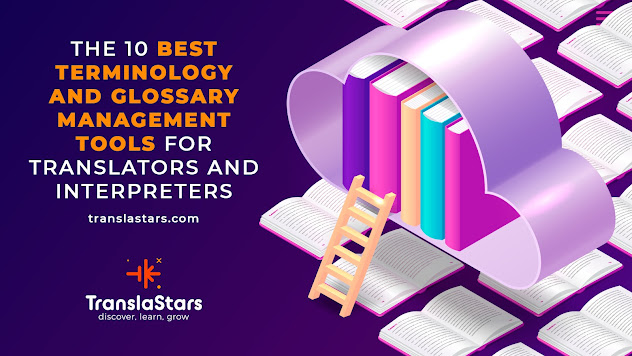5 Mistakes You Should Avoid When Starting as a Freelance Translator
You’re all set: you’ve received your degree, you’ve
followed a bunch of translation courses, workshops, and summits and you’ve
spent a few months (or maybe a few years!) abroad to improve your language
skills. What now?
Now it’s time to go from theory to practice and... you
don’t know where to start! If you are a newbie in the translation business,
here are 5 mistakes you should definitely avoid in the first few years of your freelancing
career.
Table of contents
1. Take
every opportunity that comes your way
2. Try
to work out everything by yourself
3. Work
without having signed a quote or a contract
4. Send
mass emails to translation agencies
5. Neglect
your professional development
1. Take
every opportunity that comes your way
What? Should I refuse the few work proposals that
translation agencies are sending me? That’s insane!
Well, sometimes saying “no” is better than saying
“yes”.
“At the beginning of my freelancing career, during my first
year in the business, I usually accepted all kinds of texts the translation
agency I was working with sent me”, says Valentina Alia, marketing, tourism and
fashion translation and trascreation specialist.
“This agency had a peculiar evaluation method: after
every translation, I would receive a scorecard with the score my proofreader
assigned to my work. In many specialized texts I would receive poor results, as
I was taking every opportunity that was coming my way. That’s when I learned to
say no to texts that come from fields you are not specialized in. It’s far more
likely that an agency will send work to you again if you refuse their proposal than
if you deliver poor quality translations”.
2. Try
to work out everything by yourself
“Running a small business not only means to manage and
work on requests all by yourself. You also have to deal with accounting and
invoicing as well as marketing”, says Ann-Kathrin Theil, technical translator
and language enthusiast.
“The good news is: other freelancers have been there
too, and most of them are more than happy to share their experiences with you.
That's why, in my opinion, networking and mutual exchange with others is so
valuable”, she adds.
In her online course on Technical Translation and Documentation you will also find some recommendations on how to get
into the industry and find possibilities to achieve further training, visit online
conferences, exchange with other freelancers and network in relevant
associations. Don't be shy and benefit from each other!
3. Work without having signed a quote or a contract
“I learned the hard way that you should always have a signed quote or a contract with a client”, explains Eva Katernberg, user-centric localization specialist.
“I once worked with a new client for a couple of weeks, and we didn't sign any contract or quote. Suddenly, things went South, and the client said that he wouldn't pay me the whole amount he was due. As I didn't have any contract whatsoever, I had no proof of how much money he owed me. I lost about 600 euros. Now, I always sign a contract or a quote with a new client”.
4. Send mass emails to translation agencies
“Rather than sending out the same email to an endless
list of agencies, I took the time to find clients that worked with my
specialization, and provided them concrete examples of my experience, which
also included practical assignments I’d worked on during my MA”, says Helen Hadley,
marketing translator and copywriter.
“It was certainly more time-consuming, but the response rate was far higher, as were the rates I was offered!”, she adds.
5. Neglect your professional development
University might be over, but it’s not the right time
to stop learning! Choose as many courses and events as possible and never
forget to:
-
Look
for new specializations to offer new services and adapt them to market needs
-
Keep
up with new CAT tools and other useful tools
-
Keep
on studying your source language to write flawless texts!
Good luck, we are sure you can make it!





Comments
Post a Comment